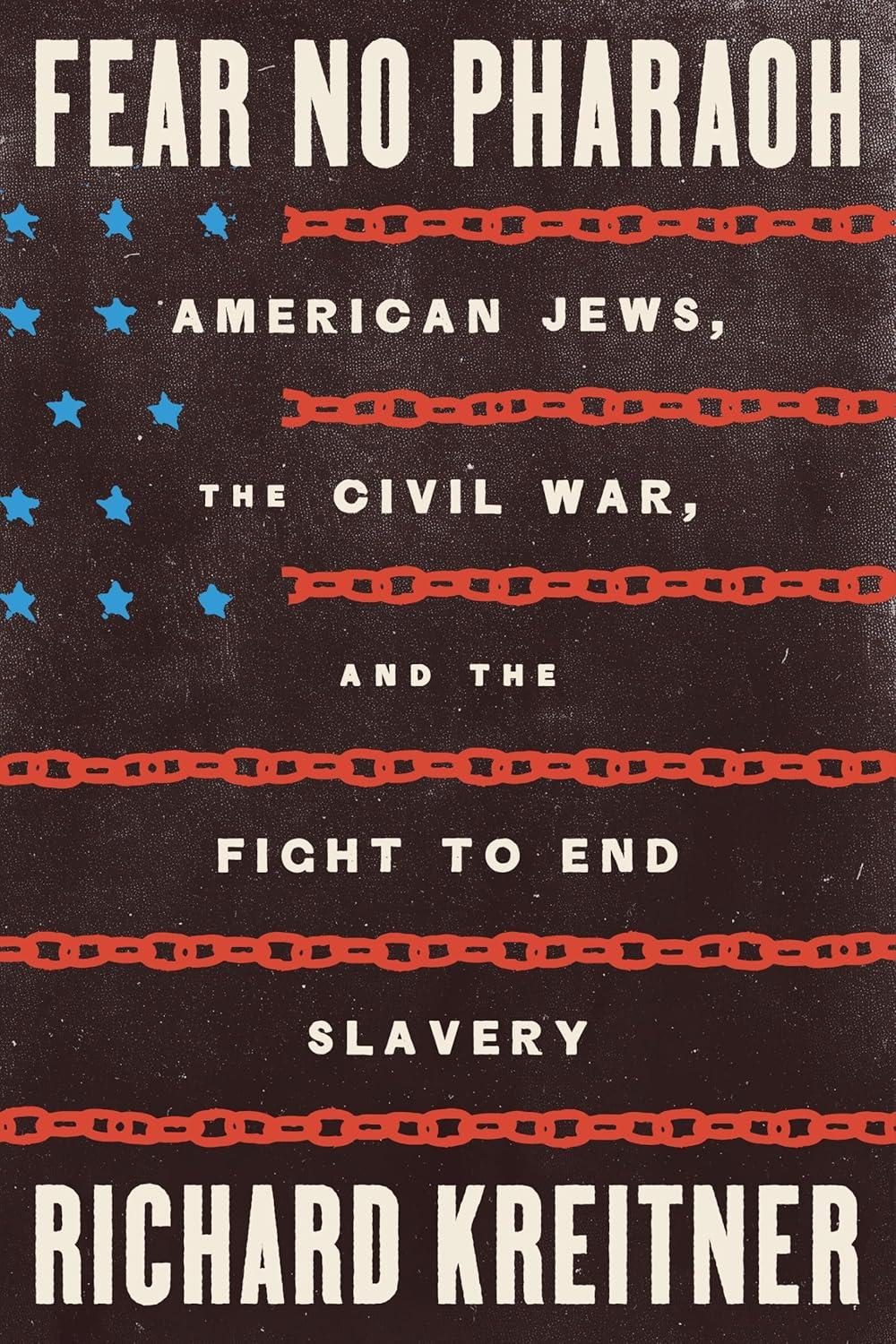This Passover, as for thousands of years, Jews gathered around seder tables will recall the story of our ancestors’ enslavement in Egypt. The purpose of remembering, however, is a little unclear, and, in our time, hotly contested: Is the lesson that we should do whatever is necessary to avoid being oppressed again—or is it that all forms of subjugation are inherently wrong and unjust, and that Jews should seek to end oppression for everyone?
Today, this question bitterly divides the Jewish people. But it is not the first time it has done so. Passover begins this year on April 12, the 164th anniversary of the Confederate bombardment of Fort Sumter, which ignited the American Civil War. That night in 1861 was also the first night of Passover, and it found the 150,000 Jews who lived in the United States at the time similarly divided over what the principles of Judaism and the lessons of Jewish history had to say about the existence of Black slavery and the fracturing of the Union.
For some Jews, protecting the precarious foothold they had gained in America was of paramount importance. They cherished the freedom their newly adopted country afforded them and saw the radical movement known as abolitionism as a threat to national unity. It didn’t help that leading abolitionists like William Lloyd Garrison occasionally heaped scorn on Jews as “lineal descendant[s] of the monsters who nailed Jesus to the cross.”
But there were also anti-slavery Jews who were bothered by the fact that even as their newly adopted country offered freedom to them, it denied freedom to millions of others solely on the basis of their race. They argued that by participating in the enslavement of other human beings or even by staying silent about it, American Jews were agreeing to let questions of race and identity determine who deserved the protection of the government. Ultimately, they were endangering themselves.
In 1858, a Northern opponent derided Sen. Judah P. Benjamin of Louisiana, a former plantation owner and prominent defender of slavery, as an “Israelite with Egyptian principles.” He wasn’t the only one. Many early American Jews, especially in the South, embraced slavery wholeheartedly. Year after year, they sat down to Passover seders cooked and served by enslaved people, without the slightest sense of contradiction or unpleasant pang of guilt.
